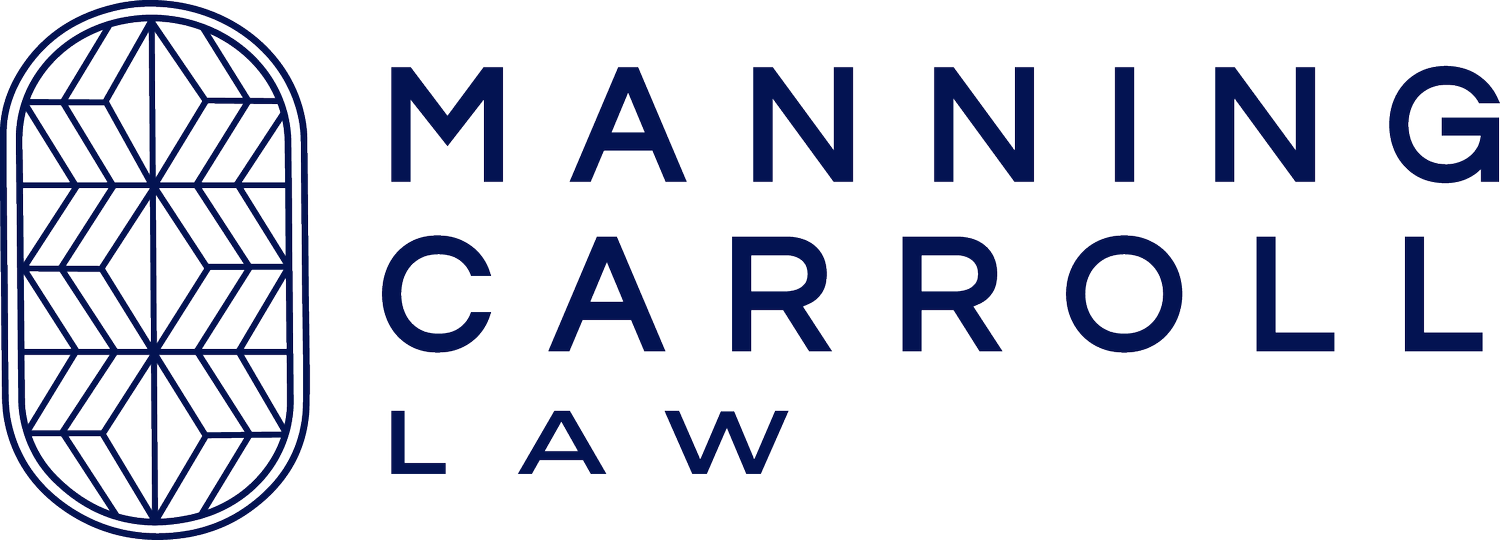Trademarks and Copyrights: Differences and How to Register Them
Intellectual property (IP) protection is crucial for business. Protecting your business' trade secrets and creative works could inevitably prevent issues, such as intellectual property theft and misuse, by other corporate entities or individuals.
Several forms of intellectual property are recognized in the US, including copyrights, trademarks, patents, and trade secrets. This post focuses on the two most common types: copyrights and trademarks. Both types of IP protection safeguard different creative and intangible assets, and knowing where they apply could help decide which one your brand needs.
This article looks at the difference between copyrights and trademarks and the registration procedures for both types of IP protection.
What Is a Copyright?
Copyright is a form of intellectual property protection that safeguards creative or literary works, such as books, videos, research, songs, movies, computer software, and architecture, from misuse or theft.
Typically, the copyright for any artistic work is generated upon creation, as long as the author preserves the material in some form (written or recorded).
However, literary works without tangible preservation don't have copyright protection. Some other bodies of work that don't have copyright protection include:
Ideas
Principles and discoveries
Calendar, height, and weight charts
While creative works have common law copyright protection immediately after creation, you should still register your literary materials with the US Copyright Office as an additional protective measure so that you can protect your creative works by filing a lawsuit against someone who is using your creative works without your permission.
Completing your artistic work's registration within five years of creation provides prima facie evidence (sufficient to prove a case) during copyright litigations. To register your books, movies, or songs, you'll need to send a copy to the copyright office alongside paying a registration fee.
Beware - copyright protection for creative works can expire. In the US, copyright lasts throughout the author's life and an additional 70 years.
What Is a Trademark?
Trademark protection protects symbols, words, and phrases that identify a company, brand, product, or service and separates it from others. As such, trademark protection covers:
Logos
Slogans/mottos
Brand names
Business names
However, unlike creative works that have copyright protection upon creation, trademark rights depend on use. In other words, your brand must use its trademark throughout its course of doing business to have trademark protection.
That said, you must register a trademark with the US Patent and Trademark Office (USPTO) in order for your brand to be fully protected. However, the registration process in the US is quite rigorous.
While you can complete an online registration on the US Patent and Trademark Office website, having an attorney assist you with the procedure is a safer bet.
Your trademark/patent lawyer will ensure that the trademark application meets all the registration requirements and that the designs/phrases aren't too similar to existing trademarks.
If there's too much similarity to other trademarks, your lawyer will request significant or complete changes to the design. Unlike copyright protection rights, in the U.S. trademark rights expire after 10 years unless the registration is renewed.
Copyrights Vs. Trademarks
The difference between copyrights and trademarks exists in the intellectual properties they protect. While copyrights safeguard artistic and literary works from theft and misuse, trademark protection covers brand names, logos, and business names.
Creative works also have copyright protection upon generation; however, trademark rights depend on use. Finally, while copyrights have expiration dates, trademarks don't expire as long as the brand or company continues to use them.
If you're considering filing a trademark application or registering a copyright, you'll want to hire an attorney to oversee the process and ensure there are no gray areas in your application. Also, in the event of any technical/legal issues with your filing, your lawyer will be in the best position to respond to the USPTO/Copyright Office and address.

